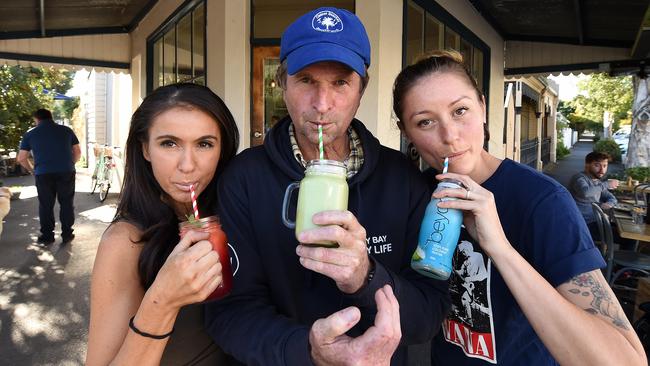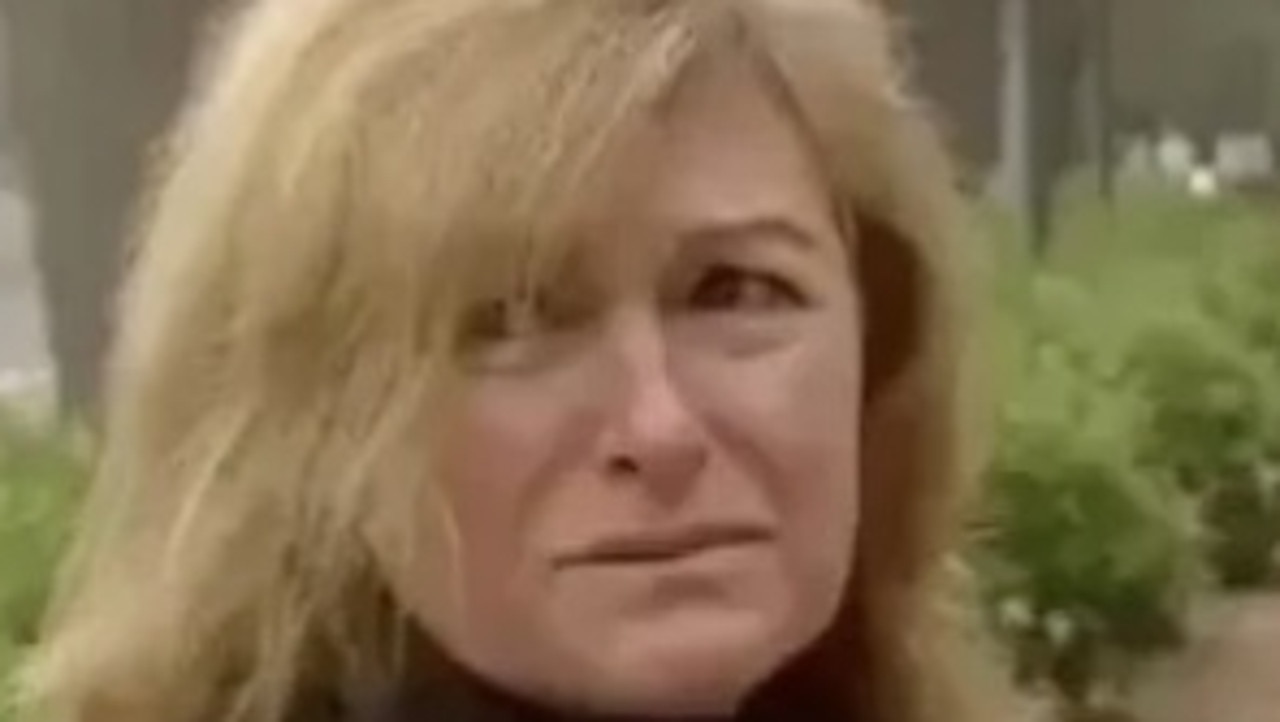Beach Patrol Australia hit Port Phillip cafes with paper straw solution
PLASTIC straws are among the most common pollutants washed up on Melbourne beaches. The Last Straw trial is promoting an alternative.

Inner South
Don't miss out on the headlines from Inner South . Followed categories will be added to My News.
PESKY plastic straws polluting Port Melbourne have prompted a call for cafes to pass them up for paper.
Beach Patrol Australia vice-president Ross Headifen said a trial was underway at several cafes across Port Phillip to promote the eco-friendly option.
A similar blow for marine wildlife safety was struck last month when Port Phillip Council and Beach Patrol got behind a Zoos Victoria campaign to swap balloon releases for bubbles at outdoor celebrations.
● Bubbles to burst balloon problem on Port Phillip beaches
Plastic straws were one of the most common items found along beaches, Mr Headifen said.
Data collected during a year-long survey at a Port Melbourne beach found 1434 straws were discarded or washed up along the 35m stretch of sand.
The survey, spearheaded by 3207 Beach Patrol, found straws were the third most common single-use item found among the debris.
And plastic was a leading cause of death among marine wildlife and birds, Mr Headifen said.
“We are trying to make a business case for these (paper) straws,” he said.
“We’ve been given a grant to purchase some straws and ... cafes have agreed to put their plastic ones aside and promote these paper straws.”
Mr Headifen said nine cafes in Port Melbourne, along with one each in Albert Park, St Kilda and Elwood, were given 1000 paper straws to offer customers during the three-month trial, titled The Last Straw.
“Paper units are most costly than plastic ones so we have asked cafes not to put them out for the taking but wait until people ask for a straw,” he said.
“If they use less straws overall then there maybe a business case for them to swap permanently.”
Station Street Trading Co manager Layla Beavis said the cafe jumped at the opportunity to be part of the trial.
“It has been about three weeks but the response has been incredible,” she said.
“It’s great to be part of increasing people’s awareness ... and they look better than the plastic straws.”
Ms Beavis said they were giving out less straws than usual as people opted to go without.
“It’s great to see the whole community is as keen to help the environment as we are,” she said.
“(Paper straws) cost more but I think it’s worth it.”
Ms Beavis said the cafe hoped to stick with paper straws once the trial ended.
The trial is partly funded by the Tangaroa Blue Foundation, a non-profit organisation dedicated to the removal and prevention of marine debris.


